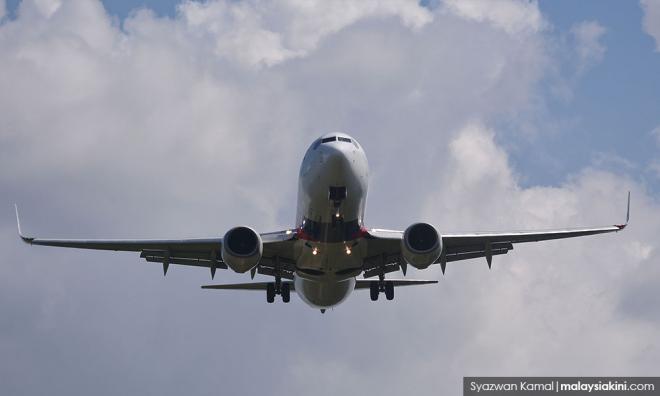
One of the first responses I got when I sent out our exclusive story on Malaysian airlines asking for aid from the government via WhatsApp was from a person in the food and beverage industry: “Who’s going to help us?”
That message very starkly highlighted the heart of the matter in any kind of economic stimulus/revival/aid in the current situation created by the Covid-19 pandemic: Resources are limited, so who should get the most out of aid from the government?
Obviously, whichever that would give the biggest bang for the buck, right? That means the most amount of people and the greatest possible multiplier effect, which is basically another term for spreading the money around.
So, before the government rushes out to aid the airlines whose revenues have tumbled, are there other sectors that are in dire need? Yes, certainly. Look at the food, beverage and retail sectors. Any prolonged downturn will force their closure.
What about manufacturers and other service providers? They too are badly affected. Compared to the airline sector, I dare say many more jobs will be lost here. There are other sectors to think of besides airlines.
Before giving aid to the airlines, the government has to be very circumspect and weigh matters carefully. The four airlines in Malaysia that matter and are Malaysian-registered are (in the order of importance) AirAsia Group Bhd, Malaysia Airlines Bhd, Malindo Airways Sdn Bhd and Firefly. Let’s call them the Big Four for convenience. Don’t know why but the Big always seem to come in Fours.
Here are five things to weigh carefully when considering any kind of aid package for the airline industry:
1. Airlines are expensive businesses. They need to fill up their planes up to a certain amount if they are to make money. If they don’t, they make huge losses. The obvious solution under these circumstances is ground the planes and cut back on staff.
2. Airlines are very capital intensive and have extremely high operating expenditures. Now, they don’t have traffic because of a collapse in travel but they still have to pay lease charges, etc, on all those expensive but empty planes. The best thing to do under these circumstances is to renegotiate leases to defer them before asking for government aid.
3. Who do you save – shareholders or jobs? Obviously, it is the jobs. But if you look at the industry out there, the number of jobs in the airline industry is no more than 35,000 – direct jobs, that is, obtained by totalling up figures for each of the airlines, or some 0.25% of jobs. Small and medium enterprises employ 65% of the workforce and account for 37% of gross domestic product (GDP) – the sum of goods and services produced. It’s clear who should be helped.
4. If airlines need help to tide them over these difficult times, then the financial arrangement should reflect the risk the government is undertaking. Convertible loans which can be turned to equity at a favourable rate should be the order of the day. While interest rates can be deferred, rates should reflect the risks the government takes. This will reflect an adequate rate of return for the government. Some airlines will never recover from this and it will be right to consider who can and should be helped and who should not be.
5. All the Big Four will have differing requirements and it may be time to think about whether a rationalisation of the industry is needed going forward, including mergers and cutbacks. But not too much effort should be spent right now on this. Let’s face it, Covid-19 affects far more – much, much more – than the airline industry and there is a great need to prioritise those who need help and who need to stay afloat for survival. Viewed in that context, airlines are bound to rank low.
If the government weighs these five factors carefully, it is likely to put much more weight on helping the other industries which are vital for the country overall in terms of contribution to the GDP and employment.
These measures are likely to be both broad and specific. Broad in the sense that it should help as many industries and people as possible, and specific in that it has to address how the aid reaches specific sectors within the economy.
P GUNASEGARAM is editor-in-chief of Focus Malaysia.- Mkini



No comments:
Post a Comment
Note: Only a member of this blog may post a comment.